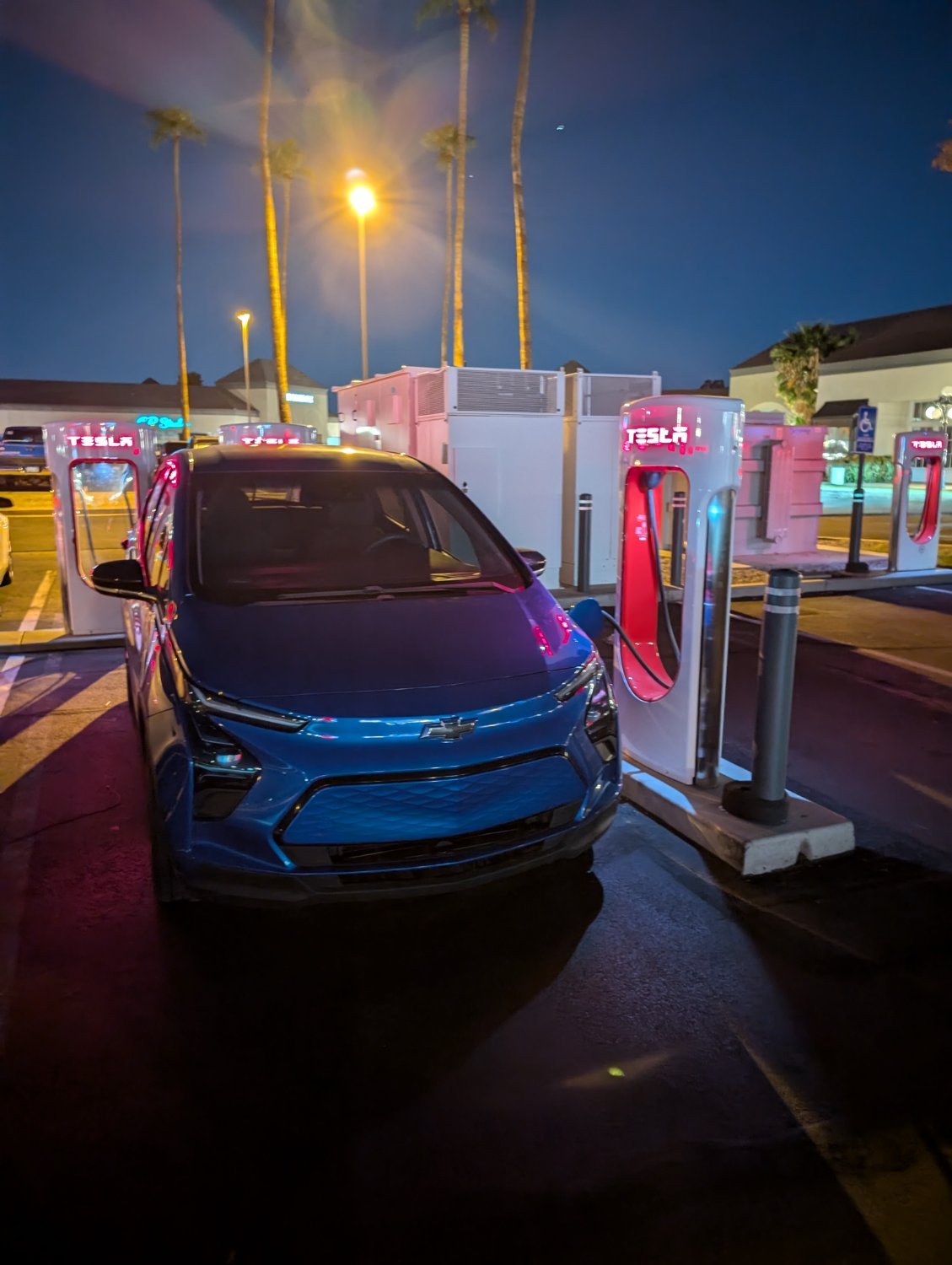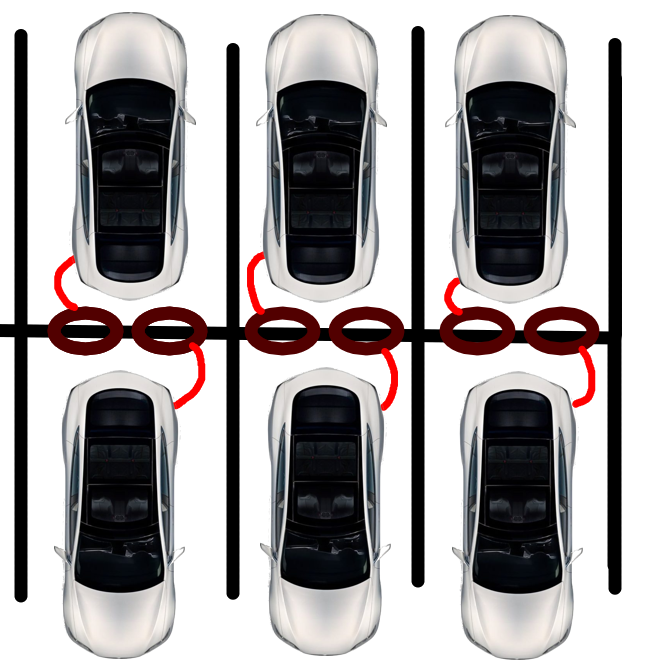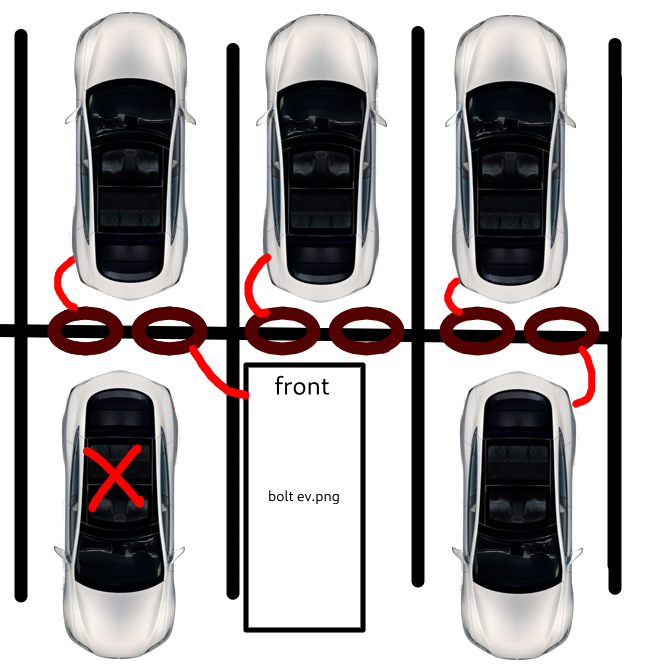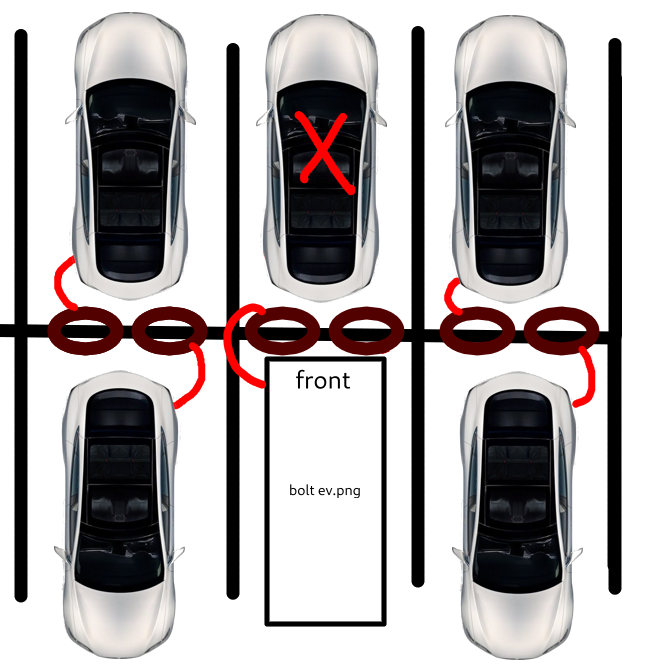this post was submitted on 21 Sep 2024
111 points (94.4% liked)
[Dormant] Electric Vehicles
3188 readers
1 users here now
We have moved to:
[email protected]
A community for the sharing of links, news, and discussion related to Electric Vehicles.
Rules
- No bigotry - including racism, sexism, ableism, casteism, speciesism, homophobia, transphobia, or xenophobia.
- Be respectful, especially when disagreeing. Everyone should feel welcome here.
- No self-promotion.
- No irrelevant content. All posts must be relevant and related to plug-in electric vehicles — BEVs or PHEVs.
- No trolling.
- Policy, not politics. Submissions and comments about effective policymaking are allowed and encouraged in the community, however conversations and submissions about parties, politicians, and those devolving into general tribalism will be removed.
founded 2 years ago
MODERATORS



